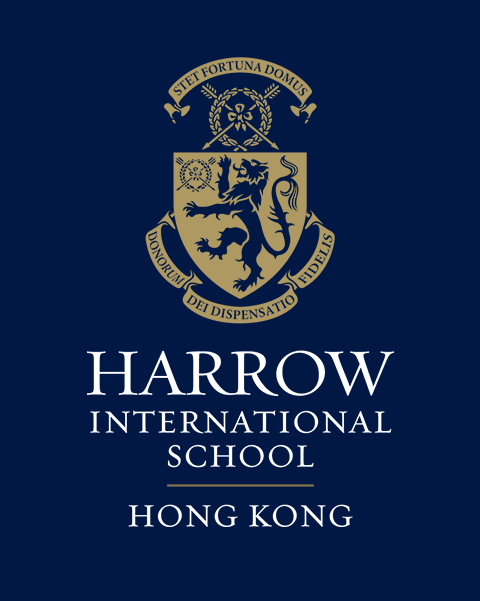The School partnered with the Hong Kong Holocaust and Tolerance Centre for a joint media interview with the Sunday Mingpao last week. The two page article titled “”Japan’s Schindler: Follow His Heart, Violate the Order”” was published on Sunday.
The focus of the article was a speaker who visited the school on Friday 23 September. Mr Nobuki Sugihara spoke to 120 students from Years 9 & 10 to share the story of his father, Chiune Sugihara, a Japanese diplomat who saved over 2,100 Jews during the Holocaust in Lithuania, despite having to defy the Japanese Government to do so. Mr Sugihara told us that his father felt compelled to act despite great personal risk. He worked for 16 hours a day issuing visas, allowing the Jewish people to leave Lithuania and escape abroad via Japan. Sugihara never regretted his actions, despite his life becoming difficult upon his return to Japan, as he was expected to resign as a consequence of his actions.
This really was a talk where the students were able to engage with the leadership attributes in a very real way; we often discuss the idea of compassion and making just choices in the classroom, but to hear this story allowed the students to connect with these concepts in a different way. We hope that those who attended will reflect on the story and may be inspired to help those in need if and when they have the power to do so.
Two Harrow Hong Kong students who joined the Summer trip to Berlin, Germany and Krakow, Poland were also interviewed to talk about what they learned from the trip and in particular, a visit to a concentration camp.
– Joelle Portia Chan: “The most shocking scene was the carpets and clothes knitted or crocheted by the hair of Jewish people in the concentration camps. Today our world is facing more hostile racial discrimination; this is so similar to the holocaust. I now realise even more the importance of racial diversity and inclusion.”
– Aaron Wong: “Every individual can help, even if it is a small act. For example at our School, we often discuss ways to prevent bullying. If we do not rectify the small acts, they may become severe later on.”
ABOUT CHIUNE SUGIHARA AND NOBUKI SUGIHARA
Chiune Sugihara was a Japanese diplomat, best remembered for his heroic actions toward Jewish refugees as Japan’s consul stationed in Kaunas, Lithuania. By the summer of 1940, Germany had occupied much of Europe, while the Soviet Union had annexed Lithuania. Jewish schools and synagogues were shut down, and Jewish leaders were arrested. As the Nazi invasion of Lithuania became imminent, Kaunas ceased to be a Jewish safe haven. For Jews wishing to leave, a series of diplomatic stamps had to be obtained. In early July 1940, hundreds of Jewish refugees gathered in front of the Japanese consulate, who needed a transit visa through Japan in order to be able to request exit visas from the Soviet Union. As Japan was an ally of Germany, Mr. Sugihara was denied authorisation from the Japanese Foreign Ministry, but decided to act to help the refugees. Within a month, he had issued more than 2,000 transit visas for Jews to travel to Japan, risking his career and his family’s life. In 1985, having collected hundreds of survivors’ testimonies of Mr. Sugihara’s act of kindness, Israel’s Holocaust Memorial Yad Vashem declared Mr.Sugihara “Righteous Among The Nations.”
Nobuki Sugihara is the fourth and last son of Chiune Sugihara, born in post-war Japan in 1949. Following his graduation from high school, he received a scholarship to study at the Hebrew University in Jerusalem. After completing his university studies, Mr. Sugihara began his career in the diamond business in Israel, traveling frequently between Israel and Japan. He started his own company in Antwerp, Belgium in 1990, where he has lived ever since. Mr. Sugihara has attended numerous events around the world in honour of his father, including most recently the street-naming ceremony of the Chiune Sugihara Street in Netanya, Israel in June 2016.
